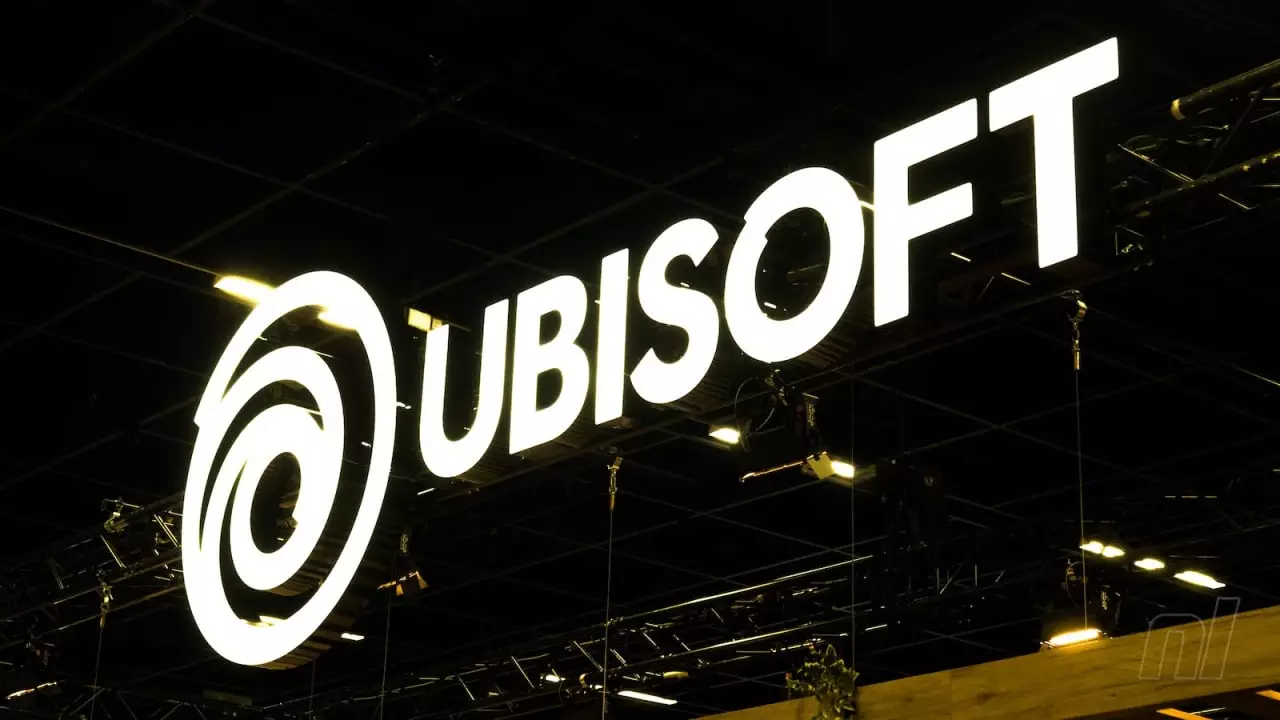The video game industry stands at the precipice of transformation, with established giants making notable strategic pivots that reshuffle the landscape. Nintendo recently unveiled a slew of updates for its Switch console, but the real bombshell came from Ubisoft. The renowned developer and publisher has taken a decisive step forward by announcing the formation of a new subsidiary focused on some of its most iconic franchises, namely Assassin’s Creed, Far Cry, and Tom Clancy’s Rainbow Six series. This initiative, in partnership with Tencent, not only signifies a bold new chapter for Ubisoft but also illuminates a clear trajectory toward creating a more dynamic and multifaceted gaming ecosystem.
What makes this development compelling is the magnitude of Tencent’s involvement, injecting approximately €1.16 billion into the venture for a minority stake. The partnership with Tencent, a powerhouse in the gaming industry, underscores Ubisoft’s recognition of the necessity for collaboration and innovation at this junction. This investment serves as a hallmark of a shifting paradigm—one where gaming ecosystems evolve into “evergreen and multiplatform” experiences designed to endure and flourish.
Reimagining Franchise Development
The establishment of this subsidiary aims to overhaul how Ubisoft develops its prominent franchises. The focus is crystal clear: prioritize narrative depth while enhancing multiplayer engagement through frequent content updates and dynamic social features. This kind of versatility has become essential in a market that thrives on player connections, both with the game and among themselves.
Yves Guillemot, Ubisoft’s co-founder and CEO, articulated this vision as a “foundational step” that redefines the company’s operational model—an undertaking that promises agility and ambition. It’s a bold claim, but for a company like Ubisoft, which has faced criticism over recent years regarding game delays and quality, it’s a necessary pivot. Establishing a dedicated subsidiary means a more focused approach, tapping into specialized leadership that can extract the utmost potential from these powerful franchises.
Strategic Investment and Future Growth
The strategic agreement with Tencent is not just about immediate financial influx; it signifies a long-term commitment to cultivate these franchises into robust ecosystems. It’s a strategy that resonates with current trends in gaming, where free-to-play models and expansive multiplayer environments are not only popular but often crucial for sustained success. By integrating these models, Ubisoft aims to broaden its reach and adapt to changing player preferences, thus cementing its relevance in an increasingly competitive market.
Moreover, the potential for increased investments into narrative-driven experiences cannot be overstated. Players today are not just looking for games; they crave immersive stories that can evoke emotions and foster connections. Ubisoft acknowledges this imperative, highlighting its commitment to nurturing the development of iconic brands while simultaneously exploring new intellectual properties powered by cutting-edge technology. This approach aligns with broader industry expectations and positions Ubisoft to forge new paths forward.
Anticipation of Future Releases
As transitions unfold within Ubisoft, anticipation builds around its upcoming titles, particularly for platforms like the Switch 2. The whispers of multiple launches indicate that Ubisoft is poised to capitalize on emerging opportunities in the gaming ecosystem. Just last week, the launch of “Assassin’s Creed Shadows” showcased Ubisoft’s commitment to pushing boundaries, hinting at a continuous cycle of innovation and engagement.
With the establishment of the new subsidiary and a vision for long-term sustainability, Ubisoft is signaling its intent not only to maintain its foothold in the entertainment industry but to thrive amidst adversities. The potential for this new operating model to yield unprecedented growth is palpable, enticing players and investors alike to watch closely as the gaming giant charts its course through this new chapter.
Ubisoft’s strategy is not merely reactive; it’s proactive and forward-thinking, aiming to redefine what it means to engage with video game franchises in an age of rapid digital evolution. The excitement surrounding this transformation reflects not just hope for the future, but a belief in the power of innovation to enhance gameplay and connect communities in impactful ways.


Leave a Reply